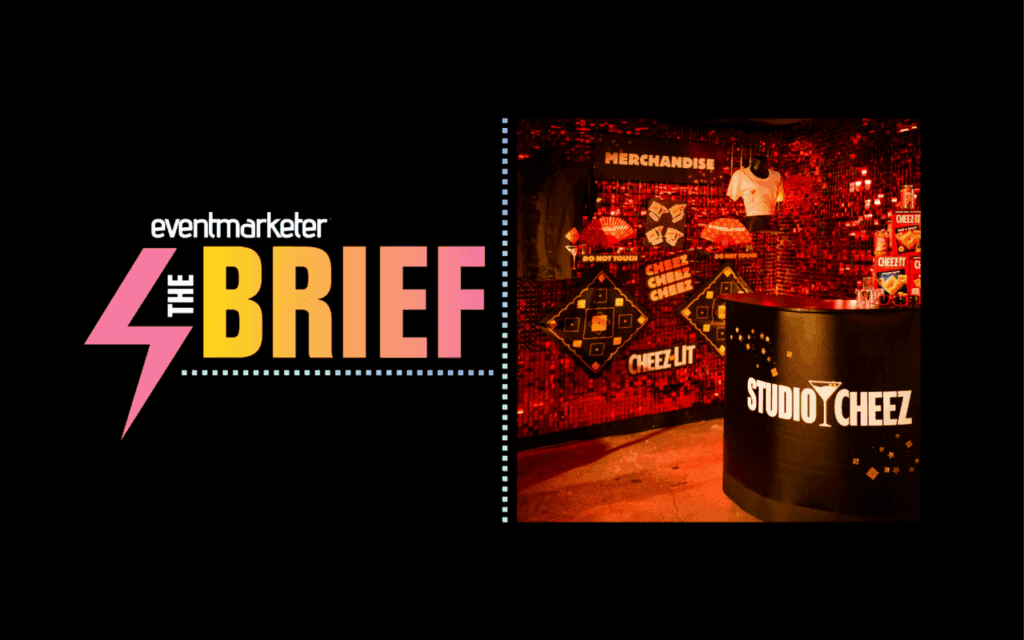Kraft Foods is pursuing partnerships with technology companies and others to build new businesses like its South Beach Diet and Tassimo brands, both of which are joint efforts with outside companies.
At the same time, Kraft is testing a desktop application to deliver recipes directly to consumers’ computers via RSS feed.

Both efforts demonstrate Kraft’s work to keep up with consumer trends and marketing applications for new technology.
Kraft’s “Open Innovation” initiative is led by Mary Kay Haben, who was promoted to senior VP-open innovation in November. The two-month-old effort is designed to swap ideas with outside partners, even competitors, to improve products, packaging and business systems. Open Innovation has wide parameters and could include licensing deals and new technology.
Haben will work with Kraft’s marketing, technology and quality, and procurement divisions to find and then use outside ideas to pump brand value and sustainable growth, which has been Kraft’s mantra since its Sustainable Growth Plan began in 2004 (Xtra Jan. 29, 2004).
Open Innovation is a two-way effort to share Kraft’s ideas and garner new ideas. “We’ll also be looking for potential outbound opportunities such as licensing Kraft trademarks and intellectual property,” said Kris Charles, Kraft director-external communications. “Kraft New Product Development will continue to focus on organic growth and product extensions, while Open Innovation will primarily focus externally.”
Kraft has brokered successful strategic partnerships in recent years— its 1998 distribution deal with Starbucks Corp. to bring coffee beans to grocery aisles, and its licensing deal (also begun in 1998) with California Pizza Kitchens for frozen pizzas.
But the fledgling Open Innovation “brings that to a new level,” Charles said. “We rely on our own R&D folks for their ideas, but also are looking outside our own walls, like Procter & Gamble does.”
Kraft is going head-to-head against P&G with coffee-brewing systems, pitting Tassimo (marketed by Kraft Foods and Braun) against Home Café, a joint venture between P&G and Black & Decker (Xtra Jan. 3). Kraft and Braun rolled out the $170 Tassimo appliance to the U.S. in September, with a November cameo on The Apprentice: Martha Stewart, where teams designed retail displays for the brand.

Then there’s the South Beach Diet brand, a joint venture with South Beach Diet inventor Dr. Arthur Agatston that launched in early 2005 and topped $100 million in sales in its first nine months, said Paula Sneed, Kraft’s executive VP-global marketing, research & initiatives.
This month, Kraft adds South Beach Diet hot breakfast wraps, salad dressings, Asian-inspired entrées and two flavors of meal replacement bars to the line that already includes frozen meals, snacks and cereals.
A nine-city “Beach in a Box tour, running through January, samples cinnamon raisin cereal bars and gives away branded picture frames and hand warmers. Two 35-foot, Plexiglas beach-scenes-on-wheels have already toured New York City, Seattle, Portland, Philadelphia and San Francisco, and will hit Washington, DC, Baltimore, Denver and Chicago by Feb. 1. Hall Event Group and Weber Shandwick, both of Chicago, handled the tour.
Separately, Kraft is quietly testing RSS feeds to deliver recipes to consumers’ computers. Consumers visit Kraftfoods.com/onthego to register for up to three daily feeds (easy dinners, seasonal desserts, top-rated recipes) which come directly to their desktop, bypassing e-mail. It’s one way to combat a decline in e-mail open rates, said Kathy Riordan, Kraft VP-global digital & consumer relationship marketing.
RSS feeds, which deliver syndicated content on topics that consumers specify, “could really transform the digital marketplace. It has the potential to be a disruptive technology,” Riordan said. “Our focus has been so strong on Web and e-mail delivery that I don’t want to miss a sea change in how consumers are having content delivered to them.”
Kraft also is mulling ways to deliver recipes via cell phone, but “we haven’t cracked the code yet,” Riordan said. The challenges: How to display recipes on such a small screen, and use characters that consumers will understand. Kraft will keep tinkering as cell phone penetration rises.

 Network
Network

